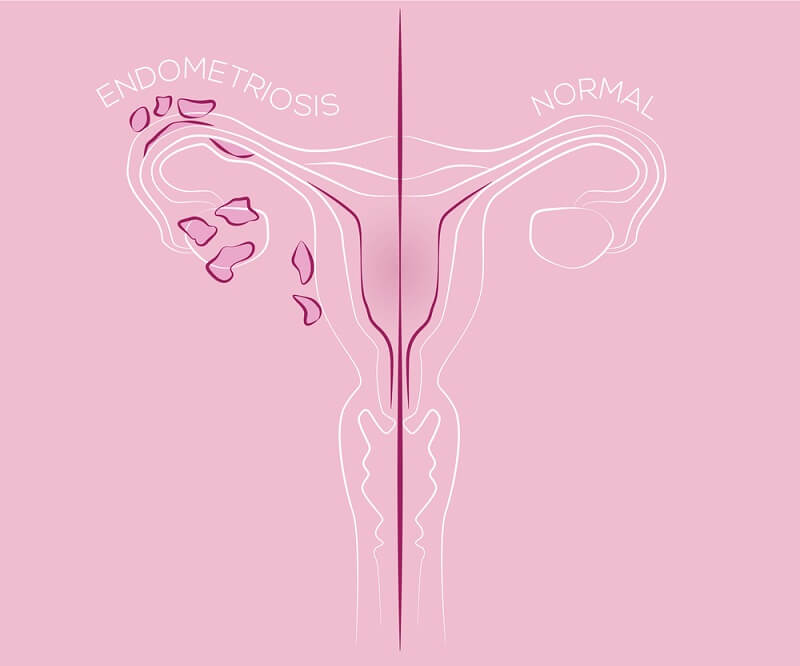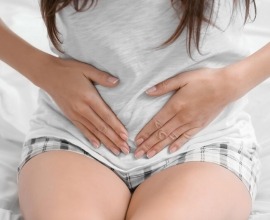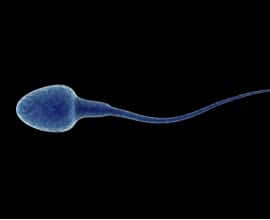What is Endometriosis and how can it impact your fertility?
- WHAT IS ENDOMETRIOSIS?
- IS THERE TREATMENT FOR ENDOMETRIOSIS?
- HOW CAN IVF HELP THOSE WITH ENDOMETRIOSIS?
Endometriosis is a condition that affects many women of reproductive age. This condition can have a real negative impact on many women’s lives and lifestyles. Sometimes it is difficult for women to get a diagnosis with this condition. Some women with endometriosis also have trouble conceiving.
WHAT IS ENDOMETRIOSIS?
Endometriosis causes a range of problems including chronic pain and infertility. This condition is characterized by endometrial glands found in the pelvic compartment and an estrogen-dependent stroma. Often a surgical view is needed for a definite diagnosis. This condition affects about 5% of women between 25 and 35 years old. Diagnosis can be done non-invasively and this is more common. Ultrasonography, a physical examination, and biological clues can all be used to diagnose endometriosis without surgery.
Some of the symptoms of endometriosis that are incredibly difficult for many women include pelvic pain, severe menstrual cramps, and infertility. Pelvic pain is usually a dull, sharp, or burning feeling. Menstrual cramps are typically more painful for women with endometriosis. Symptoms can vary for many women and this can make the symptoms difficult to manage. [1]

IS THERE TREATMENT FOR ENDOMETRIOSIS?
Most treatments for endometriosis act by hindering ovulation, reducing serum estradiol levels, and lessening uterine blood flow. There are several medications that accomplish these goals, but the cost of these medications can vary. Pain is the most common symptom that patients are looking for a treatment to address. There are different approaches to pain management for endometriosis. Traditional hormonal therapies are helpful for some, these consist of estrogen-progestin contraceptives, progestins, and GnRH agonists.
There are many other medications that your doctor may recommend to treat endometriosis. Anti-hormones, anti-progestogens, and analgesics are all medications that are common for addressing pain associated with endometriosis. It may take some time trying different medications to find the one that works the best for you and manages your pain. [2]
HOW CAN IVF HELP THOSE WITH ENDOMETRIOSIS?
Women with endometriosis often struggle with their fertility and have a difficult time conceiving naturally. Endometriosis can also have a negative impact on the likelihood of IVF working for many women, but IVF is still a viable option for women who want to have a child with endometriosis. About 50% of infertile women have endometriosis. Endometriosis does not mean that you will never have children, but it can complicate the process. Many women with endometriosis look for options to aid conception such as IVF.
The most important factor of successful IVF is embryo implantation. The average success rate of implantation is 20% for the regular population. Endometriosis can make implantation more difficult. Controlling endometriosis activity can achieve a better outcome for women undergoing IVF. IVF for women who have endometriosis can be a tricky and difficult process. Still, IVF can help women conceive, who thought they may never be able to have children. IVF is an option you should explore with your doctor if you have endometriosis. There is no guarantee with any procedure that it will work, but that doesn’t mean that procedures like IVF are not worth a try. [3]
Sources:
[1] Filip L, Duică F, Prădatu A, Crețoiu D, Suciu N, Crețoiu SM, Predescu DV, Varlas VN, Voinea SC. Endometriosis Associated Infertility: A Critical Review and Analysis on Etiopathogenesis and Therapeutic Approaches. Medicina (Kaunas). 2020 Sep 9;56(9):460. doi: 10.3390/medicina56090460. PMID: 32916976; PMCID: PMC7559069.
[2] Rolla E. Endometriosis: advances and controversies in classification, pathogenesis, diagnosis, and treatment. F1000Res. 2019 Apr 23;8:F1000 Faculty Rev-529. doi: 10.12688/f1000research.14817.1. PMID: 31069056; PMCID: PMC6480968.
[3] Zhong C, Gao L, Shu L, Hou Z, Cai L, Huang J, Liu J, Mao Y. Analysis of IVF/ICSI Outcomes in Endometriosis Patients With Recurrent Implantation Failure: Influence on Cumulative Live Birth Rate. Front Endocrinol (Lausanne). 2021 Jul 30;12:640288. doi: 10.3389/fendo.2021.640288. PMID: 34393990; PMCID: PMC8362597.














